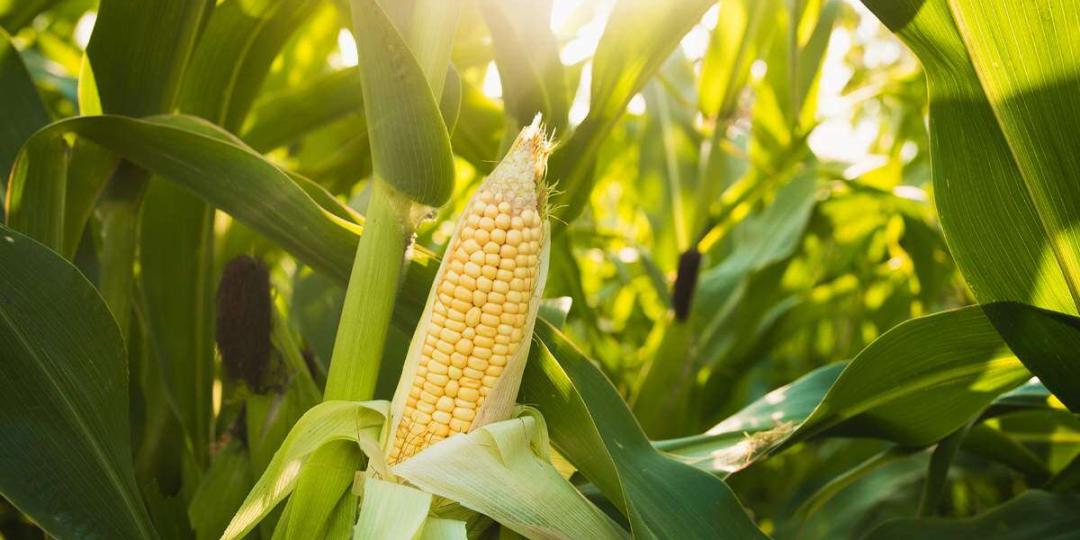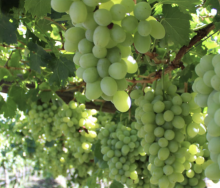JOHANNESBURG, June 25 (ANA) - South Africa expects a commercial maize crop harvest of 15.514 million tons in 2020, down 0.48% from the previous forecast of 15.589 million tonnes, the national Crop Estimates Committee has said.
In its fifth production report for summer field crops for 2020 published on Thursday, the CEC said the estimated maize crop was still 38% bigger than the 2019 harvest.
It said the country's three main maize-producing areas, namely the Free State, Mpumalanga and North West provinces, were expected to produce 84% of the 2020 crop.
The production forecast for white maize remained unchanged at 9.075 million tons, with an expected yield of 5.61 tons per hectare, while yellow maize output was expected to be 6.439 million tons, 1.16% or 75 600 tons less than the previous forecast.
The CEC said the production forecast for sunflower seed was 765 960 tons, the same as the previous estimate, while the output prediction for soybeans had decreased by 2.29% or 29 500 tons to 1.261 million tons.
South Africa now expects to harvest 52 140 tons of groundnuts, a decrease of 16.54% or 10 330 tons while the production forecast for sorghum is 133 660 tons, down 1.49% or 2 025 tons less than the previous forecast.
The CEC put the production forecast for dry beans at 68 860, representing a 3.08% decline from the previous prediction.
The preliminary area planted to maize in the non-commercial agricultural sector is estimated at 297 460 hectares, up 0.49% from the 296 000 hectares of the previous season.
The expected maize crop for this sector is 543 545 tons, 1.03% less than last season, the CEC said.
"It is important to note that about 40% of the maize produced in the non-commercial sector is planted in the Eastern Cape, followed by KwaZulu-Natal with 2%," the committee said.
Senior agricultural economist at First National Bank's Agri-Business division, Paul Makube, said while grain prices may initially edge higher in reaction to the revised estimates, the relatively hefty supply outlook would limit further upside in the medium term, which was a positive prospect from an inflation perspective.
"This is good news for consumers as food inflation is expected to remain contained in particularly the bread and cereals which decelerated further by 3.7% year-on-year and (was) unchanged month-on-month during April 2020," Makube said.
- African News Agency (ANA), Editing by Stella Mapenzauswa













